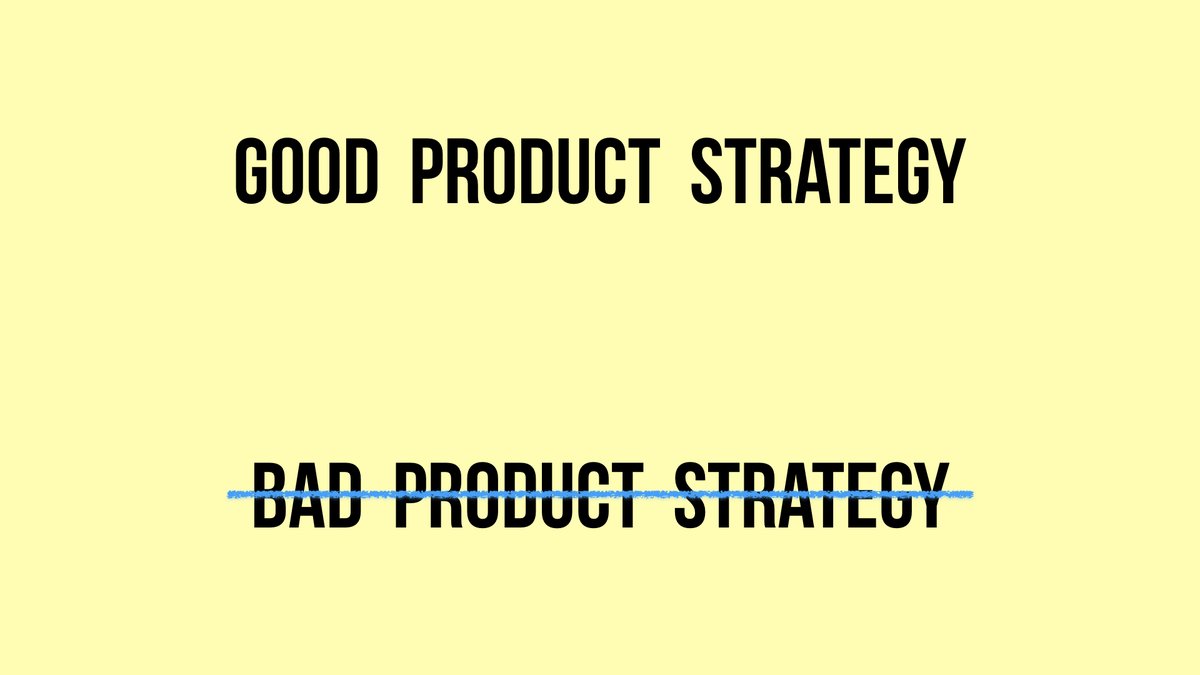Organizational dysfunction often stems from vertical & horizontal conflict between these types.
Type incompatibility between an employee and their manager is often the root cause of Sunday-night blues.
A🧵:
Naturals are charismatic and confident.
Naturals make you feel like everything’s under control and everything’s going to be fine.
Naturals can make you feel like a million bucks, if they want.
Experts are intelligent and curious.
Experts invent new things and they relentlessly work to make these inventions available to everyone who’ll benefit from them.
Experts consistently deliver results, as long as you can keep them motivated.
The rest of us have a clear primary type (even though we may demonstrate *some* traits of the other type).
But reader, there’s a twist in the tale (and a good one, if you’re an Expert).
(they typically learn it the hard way, after hiring a Natural early on, realizing the mistake, and quickly firing them).
There’s a lot to cover here and, unfortunately, not enough time today.
Are you an Expert and are they a Natural, or vice versa?
Until then, share your feedback / thoughts and stay safe.



